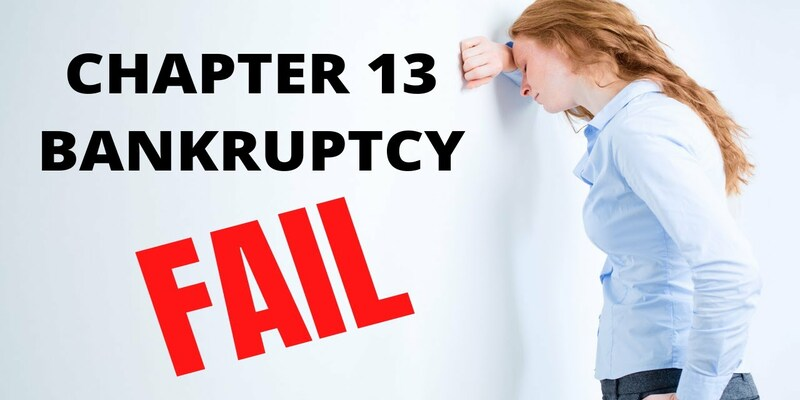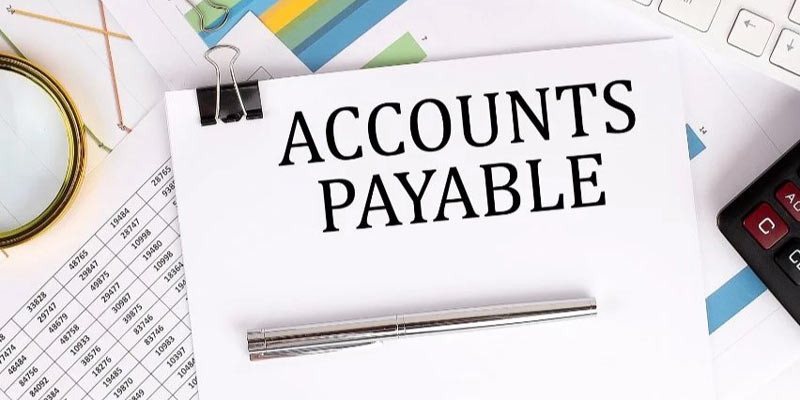Bankruptcy under Chapter 13 is often called a "reorganization bankruptcy." You decide on a repayment schedule of three to five years to cut down or eliminate your debt. When considering whether or not to accept your plan, the court will look at your financial situation and assets, and these plans often don't offer much space for extravagance. Why Do So Many Chapter 13 Cases Fail is that many lack the willpower to endure the three to five years of voluntary austerity required. Find out whether it's worth filing for Chapter 13 bankruptcy and understand why it has a low success rate.
Emotions, Strength, And Motivation
A lot of work went into Chapter 13. The time leading up to filing for bankruptcy is usually the hardest for people mentally. Potential bankruptcy filers (debtors) may wonder:
- Can my home (or automobile) be saved by filing Chapter 13?
- Can I afford to make the monthly payments?
- I don't see why I need to collect this much data.
- Will the judge approve my proposal?
- Do I have the right idea?
- Worried that someone could tell (my employer, the neighbors, the PTA), etc.
- Filing for Chapter 13 bankruptcy is complicated and fraught with potential roadblocks.
Lack Of Resources

Chapter 13 bankruptcies are often filed to halt repossessions, foreclosures, and debt trial proceedings. Clients sometimes wait until the last minute to seek legal representation, leaving little time for the attorney to analyze the client's finances before the lawsuit must be filed. Until they finish compiling their bankruptcy arrangements, they can't do that. It's not often obvious to the attorney that the client can't afford to retain the property or the new automobile until they get access to the client's financial records.
Income Disruption
Remaining on track with a Chapter 13 repayment plan after an income interruption, such as an illness or perhaps the loss of a job, may be very challenging. Marriages occur and end, and children are born, their demands evolve, and so on. It's not easy to spend five years without using any credit, having significant auto repairs done, replacing an item, paying insurance deductibles, taking an unexpected trip, or even taking a vacation. Some of them can be accommodated in a Chapter 13 budget, but savings won't be abundant. Creditors will not like it if you withhold funds that may be used to settle your debts. It's not just you; clients become bored and want to go. Time is the most important factor here, once again. Being on a rigid payback schedule for five years is draining. Especially whether they filed Chapter 13 to protect a valuable asset like a home, many clients conclude it's not worth it and drop the case.
Filing Without An Attorney

Roughly nine percent of bankruptcies in the United States are filed "pro se" or without counsel. Although you may represent yourself in a Chapter 7 bankruptcy case, doing so is not recommended. Chapter 13 cases filed by the debtor often fail when the debtor tries to file the case independently. Most never even make it to the "plan confirmed" stage. The "Best Interest for Creditors Test," "Good Faith Test," as well as "Chapter 13 Feasibility" are all requirements for Chapter 13 plans. These clauses are often argued over by seasoned bankruptcy attorneys, trustees, and judges; a layperson would have difficulty understanding them. Research through the Central Districts in California Bankruptcy Court confirms this. Since the Financial District seems to have more pro se files than any other precinct in the nation, it has a vested interest in this matter.
Conclusion
A paper addressing the staggeringly high failure rate of chapter 13 bankruptcy was published by the American Bankruptcy Institute ('ABI'). Those familiar with the industry will not be surprised by the results, but the general public will be shocked. Each year, 25,000 and 40,000 debtors file a chapter 13 case without counsel, as stated in the Report on pro se cases. One-third of chapter 13 cases filed in California are brought by individuals without an attorney's assistance, accounting for approximately 40% of all chapter 13 cases filed in the United States. Leaving Chapter 13 before the payments are finished might also be a wise strategic move. Debtors petition for Chapter 13 for a wide variety of reasons. Many people with no intention of paying their debts file Chapter 13 to take advantage of the stay that temporarily stops collection activities.







